Several factors come into play when deciding on whether a piano should or should not be restored.
- Its age
- Its overall condition
- Its rarity
While there are other factors, these are usually the top three. The goals of restoring and conserving a rare antique piano will be different than restoring a family heirloom. And conserving a piano true to its original form will be different than giving a piano new life and making it playable in modern times.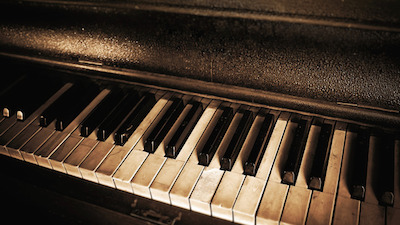
Not every piano should be made playable. When a true, rare piano enters the picture, curators and conservators of a piano collection or museum will tell you that in order to preserve its historical value, they choose to follow the path of protecting it from deterioration and keeping it as authentic as possible, no matter if its playable and makes great music in today’s world or not. There are reasons for this.
By leaving as much of the original piano as possible intact, it preserves the instrument for scholars, researchers and replicate builders of the future.
It preserves the voice of the original piano. While it may not be playable by our standards, or have a clear tone expected by today’s musicians, it does provide a peek into the past at how music was played and listened to by generations past.
Conversely, if a piano is going to be restored and brought up to today’s playable standards, it takes a different path. The work will always be documented along the way with a detailed explanation of the procedures used in the restoration process. And while original pieces will be used whenever possible, in some cases replicas will be substituted in order to give it new life, new sound, and a new voice. Tonality has changed over the years, and the primary responsibility of a restorer in this category is to make it playable by today’s standards.
Age is not the only consideration that determines if a piano is antique, rare, or should receive special conservation. In some cases it’s the history of the piano that matters most. A piano built by a famous builder or owner, or one owned by a famous composer or performer has historical value, and therefore is worth restoration to preserve history. Pianos owned by Mozart, Beethoven, or Chopin all give us insight to the way music sounded and was created in their periods of time.
Working with antique pianos takes an enormous amount of skill and care. Every instrument is unique and presents its own unique set of problems and challenges. It is the task of the restorer to enhance what is presented to him or her, and take great care to retain and preserve as much of the original piano as possible.
If you would like to learn more about our restoration process, we would love to speak with you personally about the right direction for you and your piano.
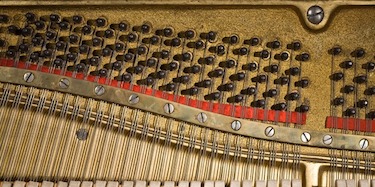
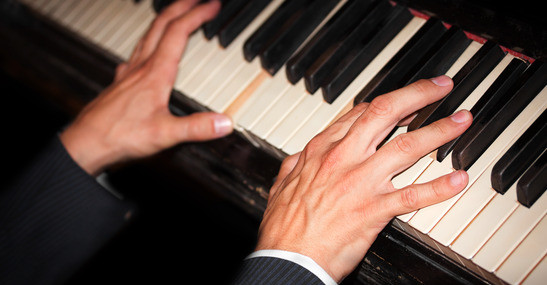
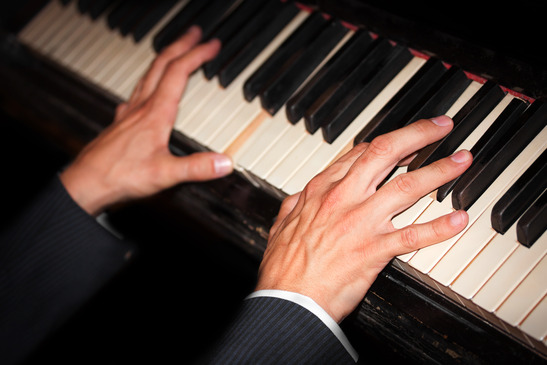
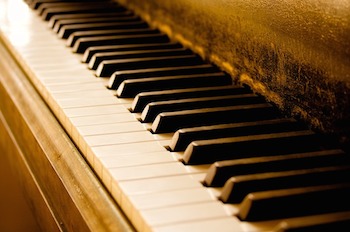
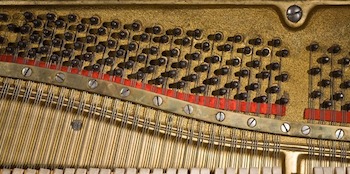

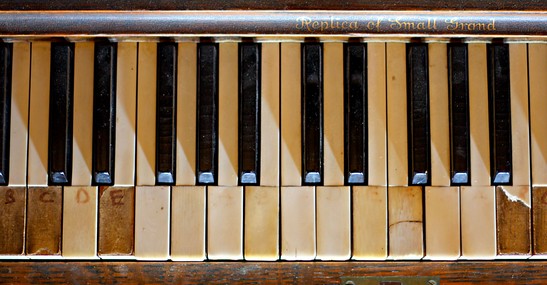
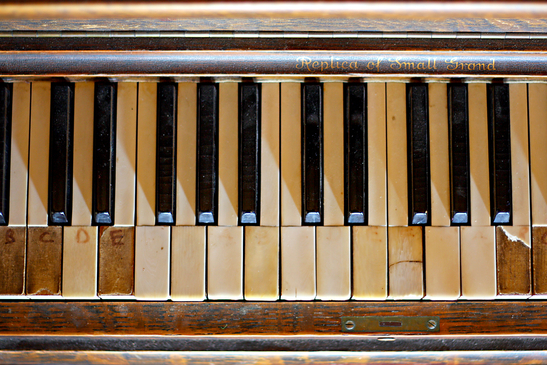
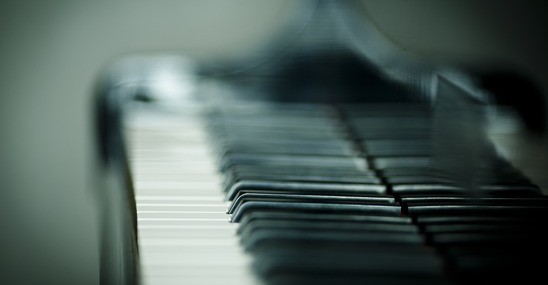
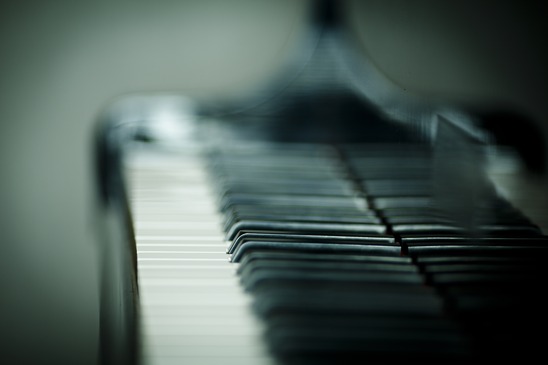
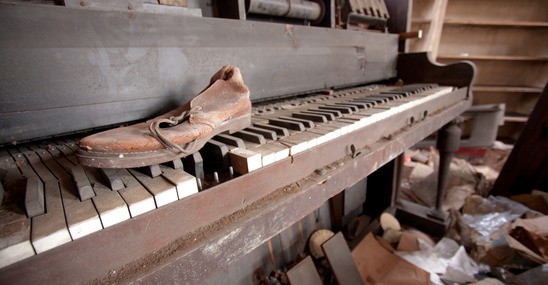
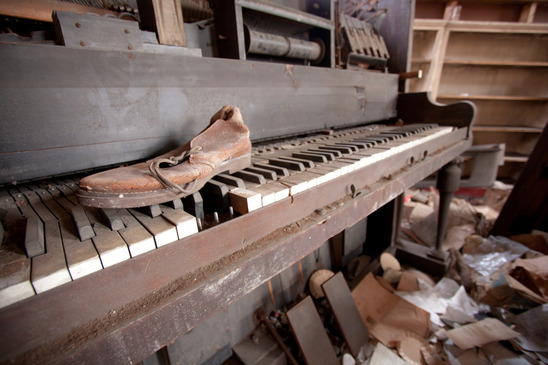 If you have an older piano in need of repair, there are many things you can search for when looking for information on how to go about it. Antique piano restoration, piano refinishing, piano repairs, or even piano refurbishing are all common terms in the piano industry.
If you have an older piano in need of repair, there are many things you can search for when looking for information on how to go about it. Antique piano restoration, piano refinishing, piano repairs, or even piano refurbishing are all common terms in the piano industry.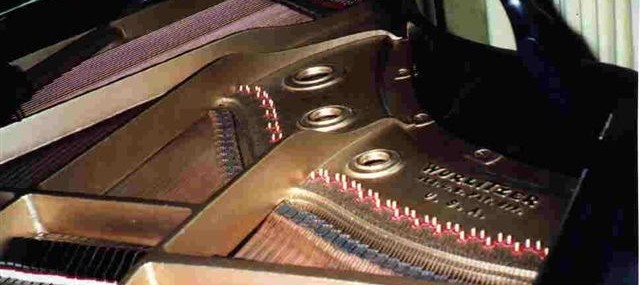
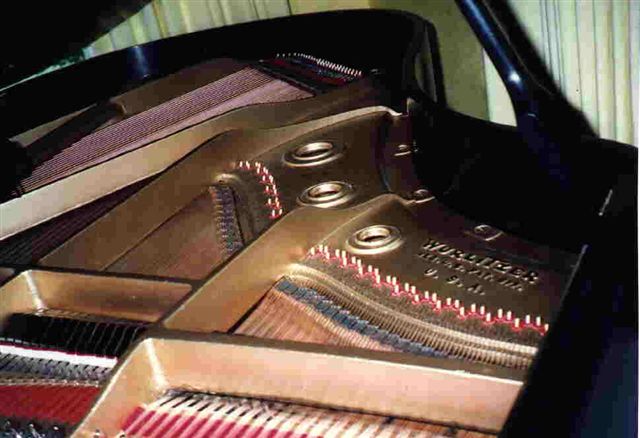 In the piano restoration world, the term “restoration” means a lot of things to different people. And just like every industry, “reputable” isn’t always in a persons vocabulary either, even though they are promoting themselves as a piano servicing company.
In the piano restoration world, the term “restoration” means a lot of things to different people. And just like every industry, “reputable” isn’t always in a persons vocabulary either, even though they are promoting themselves as a piano servicing company.
